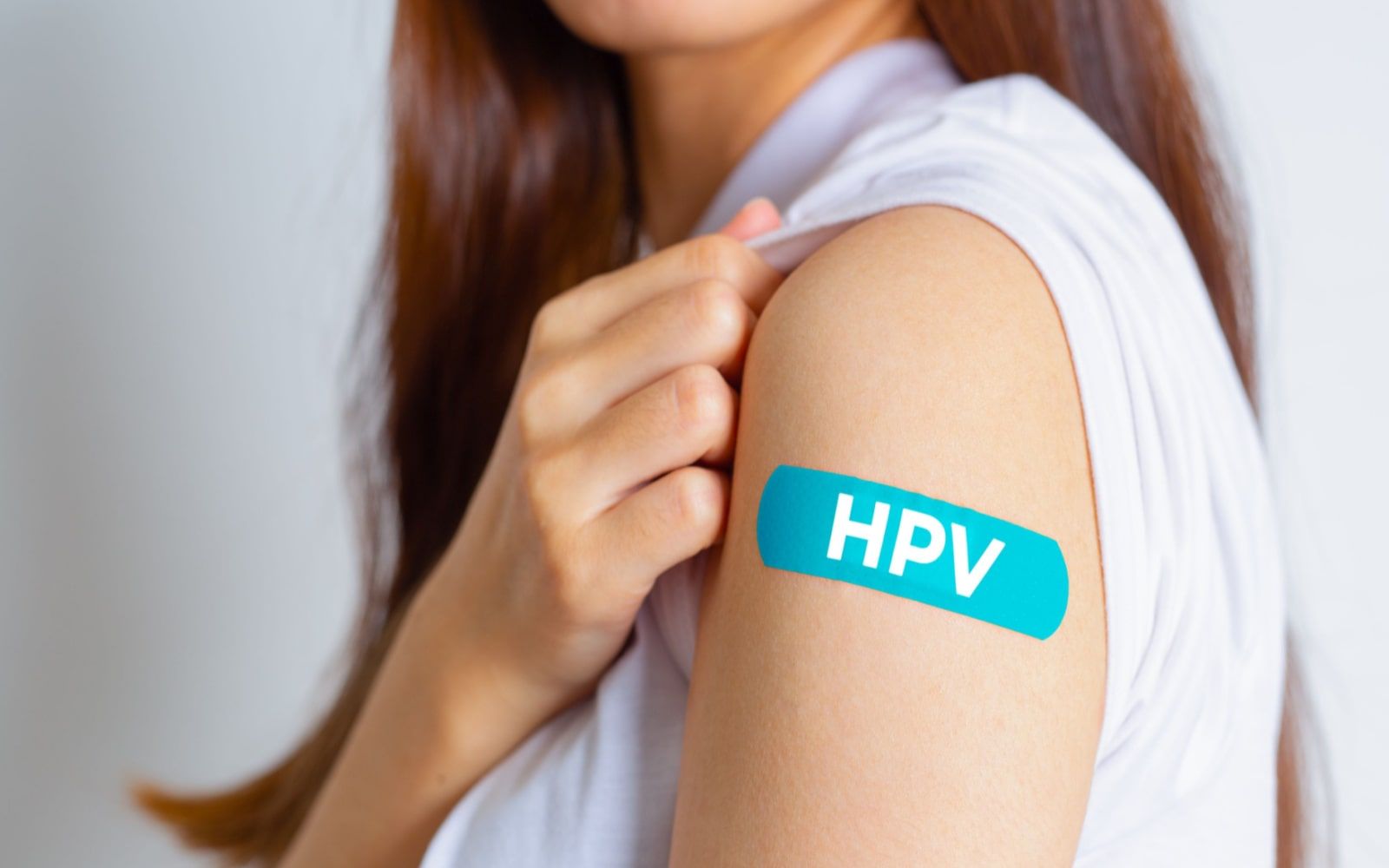Studies over the years revealed that a seemingly innocuous STI causes numerous cancers. This sexually transmitted infection is known as the human papillomavirus, or HPV. Part of a family of over 200 viruses, HPV has 14 variants associated with the appearance of cancer in carriers. Two alone accounts for the majority of cancers appearing with this infection. HPV is not uncommon; almost every sexually active person carries it, with half of them carrying high-risk varieties. Some of the cancers known to result from HPV are specific to women.
Understanding HPV and The Associated Cancer Risks
While everyone has the possibility of carrying the HPV virus, there are certain risks that women alone face with it. In most people carrying HPV, their immune system is more than capable of handling the infection effectively. As a result, they are at a reduced risk of developing the associated cancers. Those whose immune systems cannot adequately control this condition may suffer minor symptoms for many years. Over time these persistent infections can result in cell changes that can develop into cancer. The most frequently occurring cancers caused by HPV in women include:
- Cervical cancer – Almost all cases of cervical cancer are the result of infection with HPV. With almost every sexually active person carrying the disease, checking regularly is essential. This provides ample opportunity to remove the cells before they become an issue. This has helped reduce rates of Cervical Cancer in the US.
- Oral Cancer – Most HPV-related oral cancers occur in the throat, typically on the tongue or tonsils. The rate of HPV-related oral cancers is rising in the United States.
- Anal Cancer – 90% of all anal cancers result from HPV, and the number of occurrences is increasing. This condition occurs nearly twice as often in women as in men.
- Vaginal Cancer – 75% of all vaginal cancers result from HPV infection.
- Vulval Cancer – 70% of all vulval cancers result from HPV.
These areas contain tissues that contain cells known as squamous cells. The resulting cancers are therefore known as squamous cell carcinoma. Some cervical cancers have been shown to result from special glands in the cervix infected with HPV. This type of cancer is known as adenocarcinomas. The prospects may seem bleak with the almost universal presence of HPV in sexually active adults. However, there is hope for the future in the form of the HPV vaccine.
Can the HPV Vaccine Help Protect Against HPV-related Cancers?
Recently a new HPV vaccine has been developed and approved by the FDA. This vaccine can prevent the spread of HPV, which can save millions of lives. As with any vaccine getting it at the earliest opportunity is essential for getting the full benefit of it. Most children should be vaccinated by the age of 11. However, those coming from families with high incident rates of cervical cancer should be vaccinated by age 9. Speak to your women’s health professional for further guidance.


